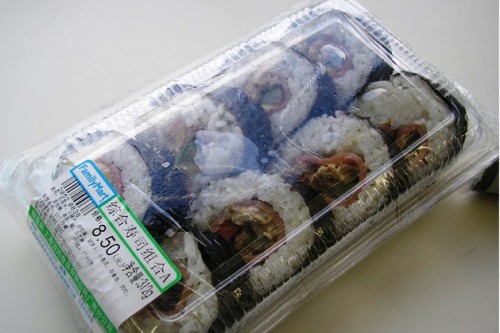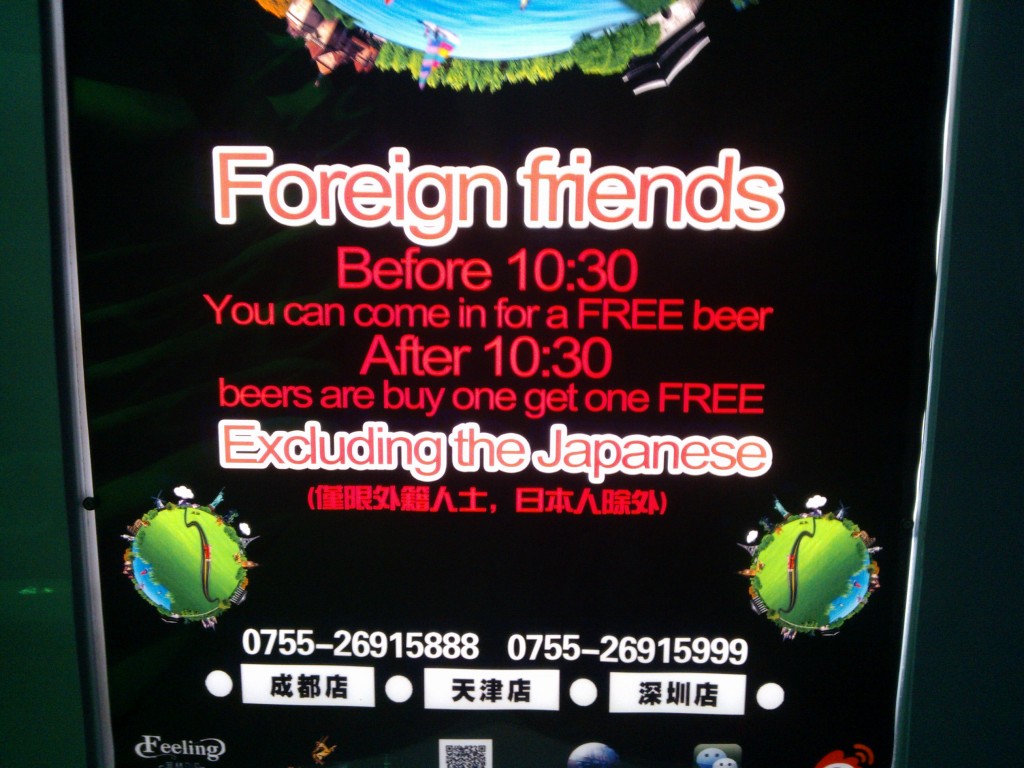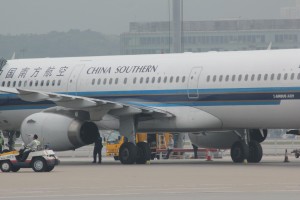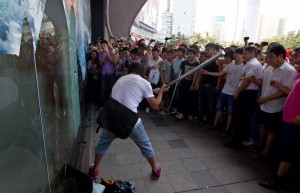CCTV’s Praise Of Japanese Creativity Ignites Firestorm
Posted: 08/5/2014 9:17 am An innocuous Weibo post by CCTV on textbook doodles has evoked contentious discussion about self-identity. The highlight of the post had to do with China’s neighbor and avowed enemy: CCTV praised the ingenuity of Japanese schoolchildren.
An innocuous Weibo post by CCTV on textbook doodles has evoked contentious discussion about self-identity. The highlight of the post had to do with China’s neighbor and avowed enemy: CCTV praised the ingenuity of Japanese schoolchildren.
The post itself is actually quite light-hearted):
Worthy of being called the “Kingdom of Anime”
Japanese students draw doodles into their school textbooks that are very imaginative. Some of them are even in 3D! Now, we finally understand why so many illustrators come from Japan… Hey there, fella: do you like to draw in your school textbooks?
The netizen response seemed to indicate surprise that CCTV wasn’t dealing with Japan in the singular way to which it is known, namely in a critical way. The phrase “Japanese…. are very imaginative” from this short post was enough for netizens to launch several tirades.
Here are some comments:
梦依丽:
There is nothing in China that can possibly compare with this. Those fenqing (angry youth) shouldn’t make a fuss, but better yet get to know themselves. Even though some fenqing will curse at inferior Japan on sight, they will secretly read Japanese manga in private.涣雨自若:
It turns out that English exams for Japanese are the same for them as they are for us.手机用户3529573360:
In China, this kind of thing wouldn’t be allowed to happen by the teacher. Books that are finished with must be kept in good condition like new. No marks or writing was allowed in the book. The difference in thinking (between the two cultures) is so great…
ydshujian:
This is the rhythm (sung) by the traitorous dogs of CCTV!萝卜快了怎能不洗泥:
So has CCTV finally figured out that (Japanese) people have a good side to them?费毕江:
CCTV is now beginning to disseminate Japanese culture!!! How is this good for our country?
_________周海明:
Huh? You’ve been scolded so many times that now you’ve changed your tune to praise Japan?圣奇凌雪:
Chinese education is too poor [thumbsdown.emo]年迈的小孩儿:
(Famous Tang dynasty poet) Du Fu laughs, but has no words for you!
历轩阳:
What chinese will draw are spoofs! What Japanese will draw is innovative!艾琪就是艾琪:
What Japanese are more prone to drawing are things forbidden under eighteen years of age, while Chinese will draw Du Fu…-观测者:
The Celestial Kingdom (China) is also capable of drawing these things! I have drawn such things in elementary school and was lauded by my schoolmates until I was discovered by my teacher… whereupon I was swiftly moved to the corner…
Mr22任进:
Although the Japs are despicable, you still have to admire them. Thinking back to my fellow countrymen once enrolling into school, our imagination has slowly been eaten away by rigid textbook knowledge…太极风云网景游:
There are so many drawings like this in China, whereas drawings like this are rare in inferior Japan.鹏越的世界2010:
I just want to know how Japan has become the “Kingdom of Porn”.
It appears these classroom doodles have indeed gotten certain Japanese schoolchildren into trouble; however, not with the classroom teacher, but with another authoritarian from farther away…
Photos: CCTV News



























